This article was co-authored by Dale Prokupek, MD and by wikiHow staff writer, Hunter Rising. Dale Prokupek, MD is a board-certified Internist and Gastroenterologist who runs a private practice based in Los Angeles, California. Dr. Prokupek is also a staff physician at Cedars-Sinai Medical Center and an associate clinical professor of medicine at the Geffen School of Medicine at the University of California, Los Angeles (UCLA). Dr. Prokupek has over 30 years of medical experience and specializes in the diagnosis and treatment of diseases of the liver, stomach, and colon, including chronic hepatitis C, colon cancer, hemorrhoids, anal condyloma, and digestive diseases related to chronic immune deficiency. He holds a BS in Zoology from the University of Wisconsin – Madison and an MD from the Medical College of Wisconsin. He completed an internal medicine residency at Cedars-Sinai Medical Center and a gastroenterology fellowship at the UCLA Geffen School of Medicine.
There are 15 references cited in this article, which can be found at the bottom of the page.
This article has been viewed 67,395 times.
Having regular bowel movements is important for maintaining your digestive health. Luckily, there are a lot of things you can do to help keep your body regular and increase how often you have to go. We’ll start with some general advice about properly going to the bathroom and move on to diet and lifestyle changes you can make to stay healthy.
Here are 10 things you can try that will help you have regular bowel movements.
Steps
Expert Q&A
Did you know you can get expert answers for this article?
Unlock expert answers by supporting wikiHow
-
QuestionWhat is the best natural laxative?
 Dale Prokupek, MDDale Prokupek, MD is a board-certified Internist and Gastroenterologist who runs a private practice based in Los Angeles, California. Dr. Prokupek is also a staff physician at Cedars-Sinai Medical Center and an associate clinical professor of medicine at the Geffen School of Medicine at the University of California, Los Angeles (UCLA). Dr. Prokupek has over 30 years of medical experience and specializes in the diagnosis and treatment of diseases of the liver, stomach, and colon, including chronic hepatitis C, colon cancer, hemorrhoids, anal condyloma, and digestive diseases related to chronic immune deficiency. He holds a BS in Zoology from the University of Wisconsin – Madison and an MD from the Medical College of Wisconsin. He completed an internal medicine residency at Cedars-Sinai Medical Center and a gastroenterology fellowship at the UCLA Geffen School of Medicine.
Dale Prokupek, MDDale Prokupek, MD is a board-certified Internist and Gastroenterologist who runs a private practice based in Los Angeles, California. Dr. Prokupek is also a staff physician at Cedars-Sinai Medical Center and an associate clinical professor of medicine at the Geffen School of Medicine at the University of California, Los Angeles (UCLA). Dr. Prokupek has over 30 years of medical experience and specializes in the diagnosis and treatment of diseases of the liver, stomach, and colon, including chronic hepatitis C, colon cancer, hemorrhoids, anal condyloma, and digestive diseases related to chronic immune deficiency. He holds a BS in Zoology from the University of Wisconsin – Madison and an MD from the Medical College of Wisconsin. He completed an internal medicine residency at Cedars-Sinai Medical Center and a gastroenterology fellowship at the UCLA Geffen School of Medicine.
Board Certified Internist & Gastroenterologist
-
QuestionWhat foods will help me go?
 Dale Prokupek, MDDale Prokupek, MD is a board-certified Internist and Gastroenterologist who runs a private practice based in Los Angeles, California. Dr. Prokupek is also a staff physician at Cedars-Sinai Medical Center and an associate clinical professor of medicine at the Geffen School of Medicine at the University of California, Los Angeles (UCLA). Dr. Prokupek has over 30 years of medical experience and specializes in the diagnosis and treatment of diseases of the liver, stomach, and colon, including chronic hepatitis C, colon cancer, hemorrhoids, anal condyloma, and digestive diseases related to chronic immune deficiency. He holds a BS in Zoology from the University of Wisconsin – Madison and an MD from the Medical College of Wisconsin. He completed an internal medicine residency at Cedars-Sinai Medical Center and a gastroenterology fellowship at the UCLA Geffen School of Medicine.
Dale Prokupek, MDDale Prokupek, MD is a board-certified Internist and Gastroenterologist who runs a private practice based in Los Angeles, California. Dr. Prokupek is also a staff physician at Cedars-Sinai Medical Center and an associate clinical professor of medicine at the Geffen School of Medicine at the University of California, Los Angeles (UCLA). Dr. Prokupek has over 30 years of medical experience and specializes in the diagnosis and treatment of diseases of the liver, stomach, and colon, including chronic hepatitis C, colon cancer, hemorrhoids, anal condyloma, and digestive diseases related to chronic immune deficiency. He holds a BS in Zoology from the University of Wisconsin – Madison and an MD from the Medical College of Wisconsin. He completed an internal medicine residency at Cedars-Sinai Medical Center and a gastroenterology fellowship at the UCLA Geffen School of Medicine.
Board Certified Internist & Gastroenterologist
Warnings
- If you suffer from constipation for longer than a week, contact your doctor to see if any underlying conditions are causing it.⧼thumbs_response⧽
References
- ↑ https://health.clevelandclinic.org/constipation-6-hints-to-help-you-return-to-regular-bowel-movements/
- ↑ https://www.health.qld.gov.au/news-events/news/how-to-poo-properly-sit-squat-healthy
- ↑ https://www.urmc.rochester.edu/encyclopedia/content.aspx?contenttypeid=85&contentid=p00363
- ↑ Dale Prokupek, MD. Board Certified Internist & Gastroenterologist. Expert Interview. 16 April 2020.
- ↑ https://www.niddk.nih.gov/health-information/digestive-diseases/constipation/eating-diet-nutrition
- ↑ https://www.med.umich.edu/mott/pdf/mott-fiber-chart.pdf
- ↑ https://www.health.harvard.edu/blog/should-i-be-eating-more-fiber-2019022115927
- ↑ https://www.health.harvard.edu/newsletter_article/will-a-fiber-supplement-interfere-with-my-medications
- ↑ https://www.niddk.nih.gov/health-information/digestive-diseases/constipation/eating-diet-nutrition
- ↑ https://health.clevelandclinic.org/how-much-water-do-you-need-daily/
- ↑ https://www.niddk.nih.gov/health-information/digestive-diseases/constipation/eating-diet-nutrition
- ↑ Dale Prokupek, MD. Board Certified Internist & Gastroenterologist. Expert Interview. 16 April 2020.
- ↑ https://www.health.harvard.edu/diseases-and-conditions/common-causes-of-constipation
- ↑ https://kidshealth.org/en/parents/constipation.html
- ↑ https://my.clevelandclinic.org/health/articles/8133-stress-10-ways-to-ease-stress
- ↑ https://health.cornell.edu/sites/health/files/pdf-library/LaxativeUse.pdf
- ↑ https://my.clevelandclinic.org/health/diseases/4059-constipation#symptoms-and-causes
- ↑ https://my.clevelandclinic.org/health/diseases/17791-frequent-bowel-movements
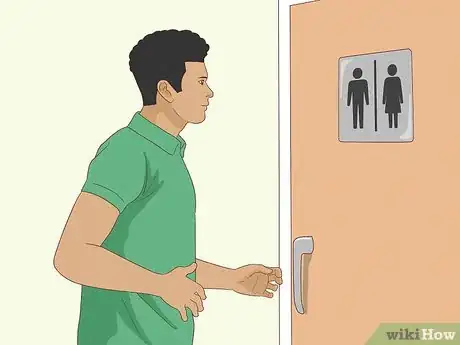
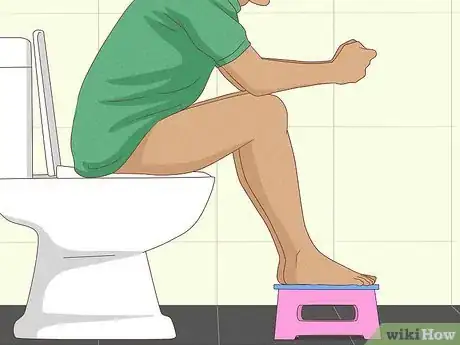
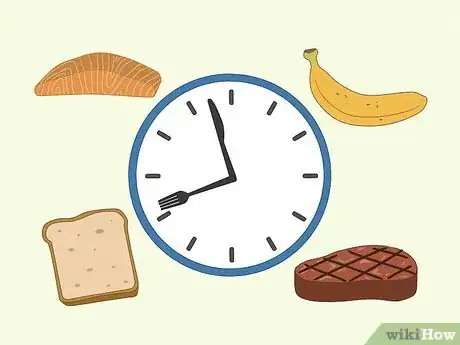
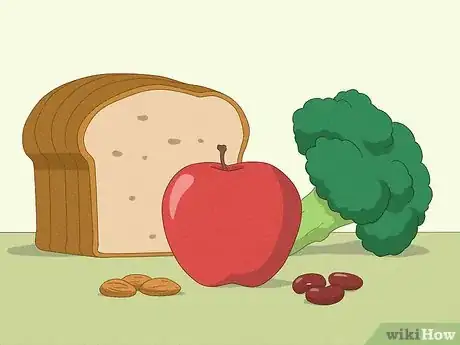

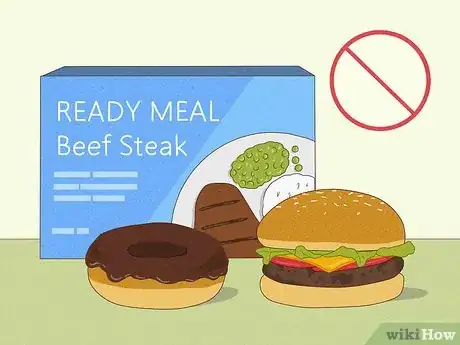

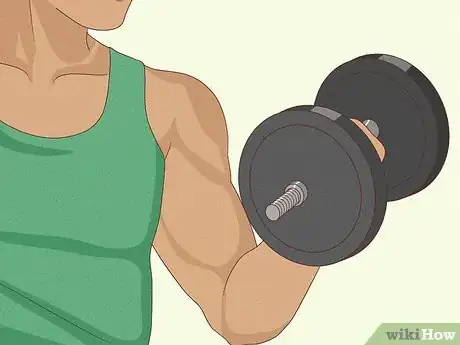
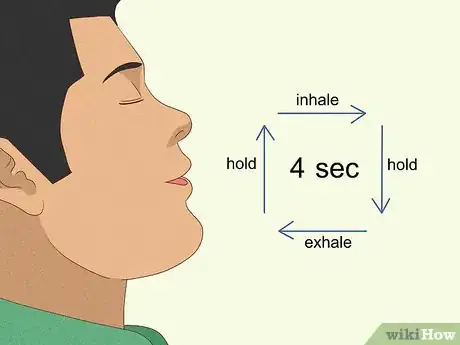
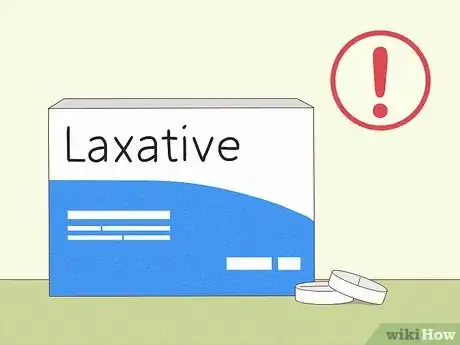
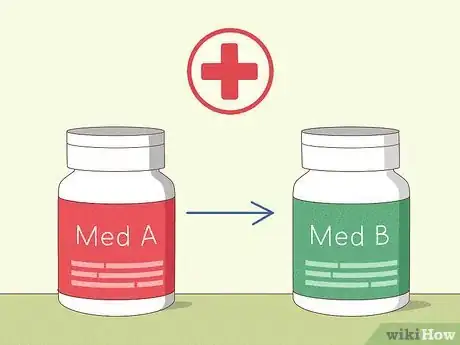

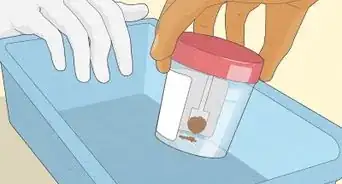



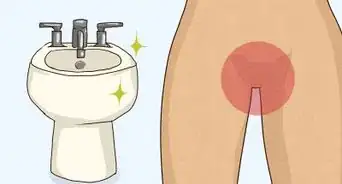


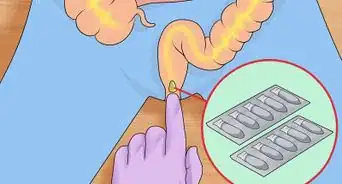
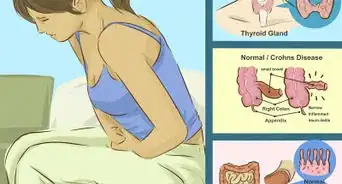

















































Medical Disclaimer
The content of this article is not intended to be a substitute for professional medical advice, examination, diagnosis, or treatment. You should always contact your doctor or other qualified healthcare professional before starting, changing, or stopping any kind of health treatment.
Read More...